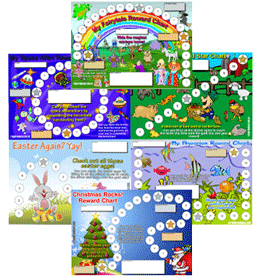Almost the polar opposite when considering these aggressive behaviors and threats, are the sudden flare-ups. This is where something has triggered an outburst. That trigger may be something outward such as another child picking up a particular toy, or Mom saying “no” to an ice-cream before dinner, or a toy has stopped “working”. Or the trigger may be inward – a reaction to something we can’t see or observe, such as a fear or worry that they have yet to disclose.
Often when aggressive behavior in children is exhibited it can be attributed to their underdeveloped ability to reason or to compromise, and also their inability to effectively verbalize their frustrations.
Common behaviors associated with aggressive children
- Biting
- Hitting
- Kicking
- Threats of physical violence
- bullying and teasing
- Throwing toys
- Breaking possessions
- Yelling
- ……
Some triggers for child aggression
- Anger
- Frustration
- Overzealous play
- Tiredness
- Jealousy
- Being immersed in an aggressive environment
- ……
How to deal with aggressive children
- Supervise your children’s playtime – watch how your child and their peers interact when playing. How are they treating each other? How are they treating their toys? Don’t be afraid to guide them when you notice potential damaging behavior.
- Avoid modelling aggressive behavior yourself – modelling or observational learning is a VERY effective way for children to learn behaviors both good and bad. Your example WILL be followed.
- Let your child know why behavior such as hitting and biting are unacceptable – explain to your aggressive children how the other person must feel. Hurt, sad, lonely, upset …
- Give your child an alternative to aggressive behavior – when they feel themselves becoming angry, or they want to hit and bite, let them know that they can simply say “I’m not playing anymore” or have them move away from the play-group until the anger or frustration fades.
- Give lots of praise – when you notice your child sharing, asking for help, taking turns etc, show them that you appreciate that type of behavior.
- Reprimand when necessary – give your children the opportunity to calm down by themselves, but if that isn’t happening then tell your child to stop the aggressive behavior (eg “stop hitting”), explain why (“it hurts the other person”), and give them an alternative (“if you’re angry, leave the group for awhile”). If the aggressive behavior in children continues than consider using time-out or the like to reinforce your reprimand.
- Don’t re-hash the aggressive behavior in children – reminding your child of their bad behavior once it is over will only serve to make them feel bad about themselves and the behavior will most likely return. Move on and let your child move on.
- Don’t use aggression to stop child aggression – Hitting or yelling shows your child that these actions are suitable methods to deal with similar situations.
The important thing to know is that usually aggressive children can be “cured” of their aggressive behaviors, but like all behavior change strategies it requires planning, guidance, example and patience. However if the child aggression is a constant part of daily routine and play, and it is disruptive or dangerous to their friends and family, then you should never be afraid to ask for professional help.

